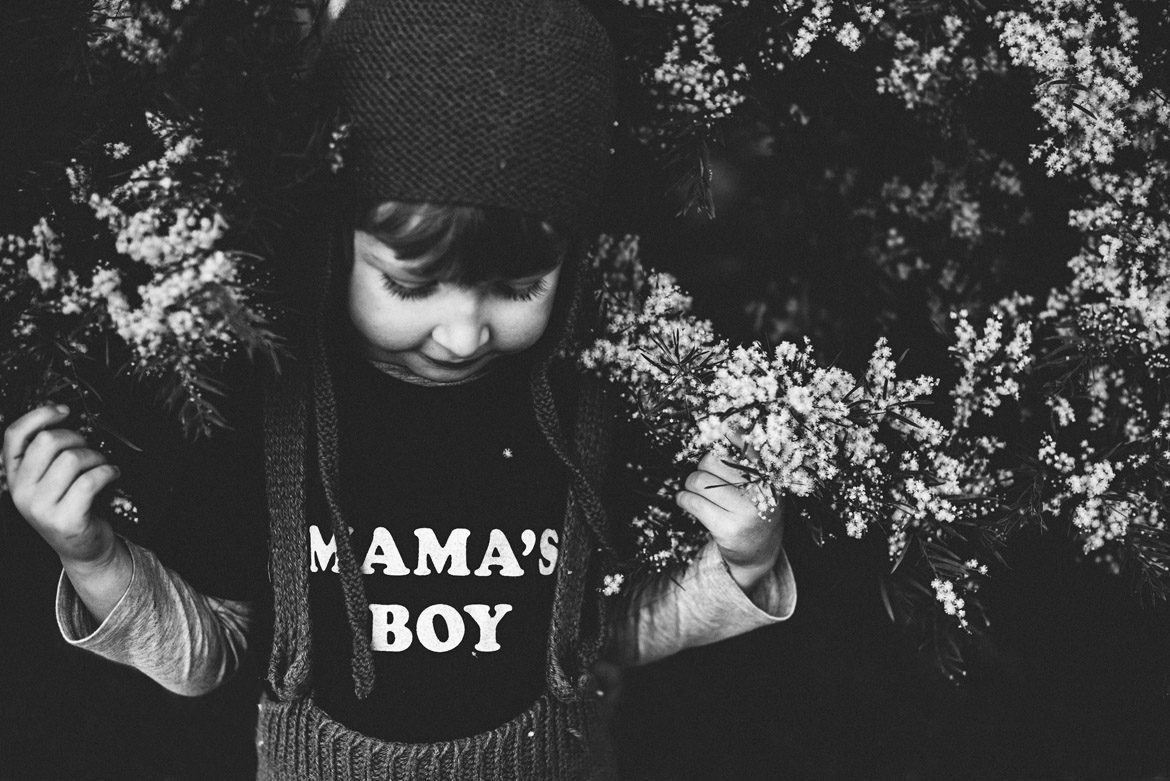By Megan Stonelake
A few months ago, I wrote an article about why my husband and I don’t use time outs as a form of discipline. I talked about how we instead focus on creating a strong connection in which our son is naturally more inclined to cooperate. The response I received was a mixed bag. Lots of people felt very validated by it, and others bristled at what they perceived as a criticism of parents who use time outs. One comment I heard several times over was, “clearly you have an easy kid who never needs a time out.”
My intention wasn’t to criticize parents, merely to illustrate that there’s another way. And I can understand why parents would think that maybe some kids are just so easy that they never “need” a time out, but that their spirited child needs strong discipline.
But here’s what I’d like to say about that: peaceful parenting is for all kids. It’s not just for the easy ones. Actually, it’s most important for the kids who aren’t so easy. The day-to-day breakdown of what this means will look different in different homes, but the overall philosophy benefits all families.
…peaceful parenting is for all kids. It’s not just for the easy ones. Actually, it’s most important for the kids who aren’t so easy.
When we emphasize connection to the exclusion of time outs, it’s because when our son feels a strong connection to us, he knows we’re on his team and wants to cooperate with us. And when his emotions get the better of him, what he needs is help, not distance. Certainly great parents who have a secure attachment with their children use time out for discipline, but it’s undeniable that the very act of putting a child in time out is a separation, a break from our attention and connection. For kids who are less than easygoing, this can feel isolating and, if they are prone to strong emotions, scary.
Spirited and sensitive children have bigger emotions, and they have a more difficult time taming them. I’m sure many a parent has witnessed an interaction between my son and me and thought, “what that kid needs is a time out!” But leaving him alone with his big emotions wouldn’t serve my son. It wouldn’t teach him or convey to him that I can manage his feelings, even when he can’t.
Our children are hardwired for connection and closeness with us. Peaceful parenting honors that innate drive. Peaceful parenting means recognizing our children’s developmental needs and limitations and working with who our children are rather than who we want them to be.
My son is eloquent, funny, and lovely. But he is not easygoing. He has never been easygoing. He has a tender heart and feels deeply. This is beautiful to see and can also mean that sometimes his frustration gets the better of him.
Recently he had a meltdown when I had to speak to my mum as she left our house. He screamed, hit me, and tried to bite me. Had I put him in time out, it’s very unlikely he would have stayed. This likely would have lead to a power struggle and could have escalated the situation. His brain was in “fight” mode, and he was incapable of calming himself down. Rather than leaving him alone to figure out his feelings, I stayed with him and kept him safe. I held his arms as he was trying to hit me and repeated the simple phrase, “I won’t let you hit me.”
Within a few minutes, he had calmed down and was crying in my arms. He asked for a snack, and I realized he hadn’t eaten in hours. His blood sugar was low, making it even more difficult for him to regulate himself. In that moment I recognized that while his behavior was his responsibility, I hadn’t exactly set him up for success.
After a snack, my son was ready to process the meltdown. He identified that sometimes when his mind is racing, he feels like he can’t control his body. He described in detail the thoughts and sensations he experiences, and he talked about the frustration and anxiety he feels when he loses control.











